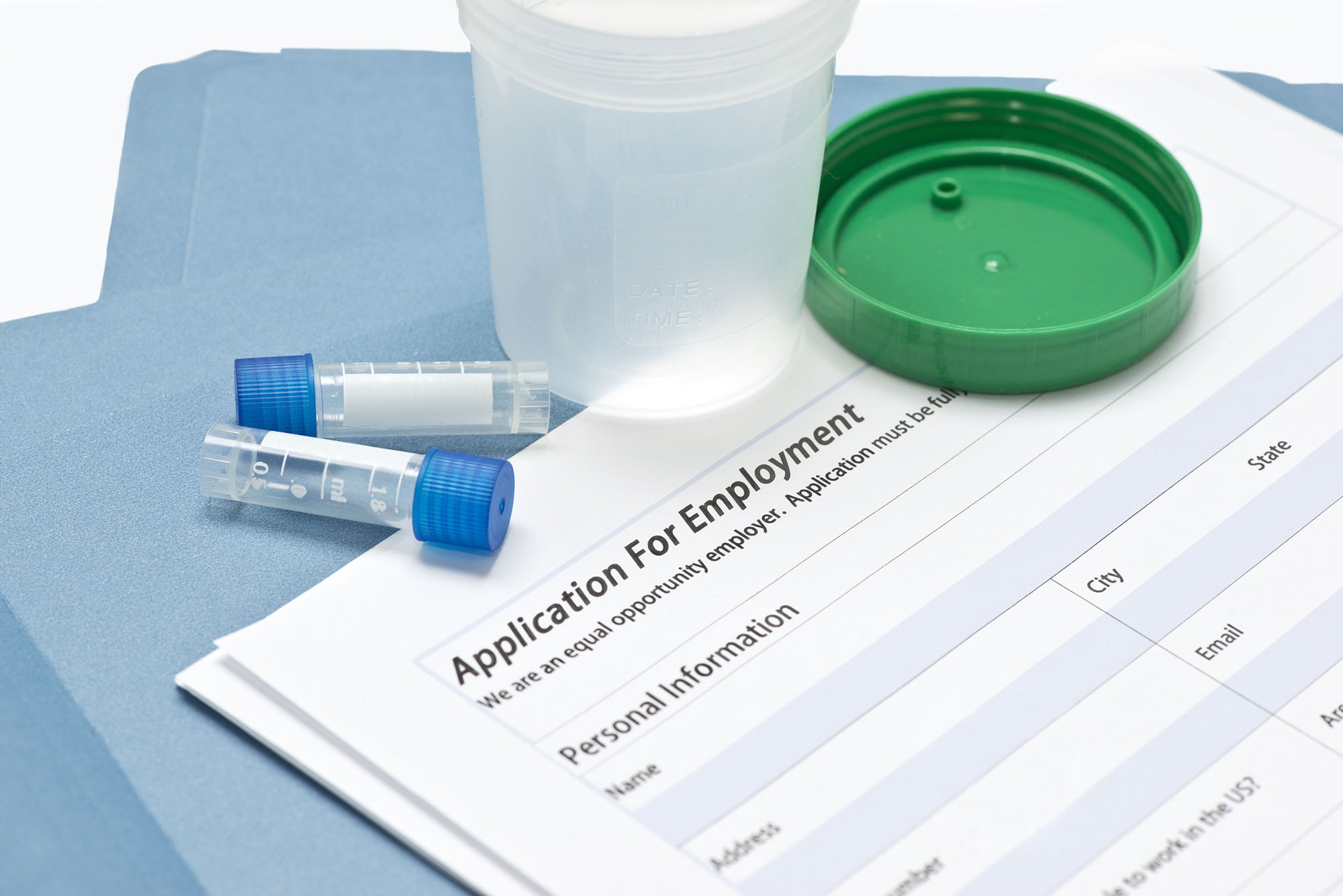Defending access to education and student privacy
According to the School Health Policies and Practices Survey conducted by the CDC, 8.6% of middle schools and 26.6% of high school districts in the US conduct drug testing on students. In June 2002, the U.S. Supreme Court broadened the authority of public schools to test students for illegal drugs. Voting 5 to 4 in Pottawatomie County v. Earls, the court ruled to allow random drug tests for all middle and high school students participating in competitive extracurricular activities. The ruling greatly expanded the scope of school drug testing, which previously had been allowed only for student athletes. Student drug testing leads to punitive sanctions such as suspension or expulsion, and rarely results in provision of positive interventions such as strengthening of social bonds or access to evidence-based treatment, if needed.
Our Stance
SSDP opposes student drug testing because it is ineffective, counterproductive, expensive, and invasive. Though intended to reduce student drug use, the science tells us that drug testing simply does not work. Not only does drug testing not reduce the rates of drug use, in some cases, it seems to lead to students using drugs with higher risk profiles but shorter detection windows. Schools have a responsibility to create a safe learning environment for students, not one where participation in extracurricular activities could lead to punishments or sanctions with lifelong consequences. The most effective tools to prevent, delay, or reduce drug use are social connection, extracurricular engagement, and educational stability and potential. Drug testing in schools is not just ineffective but insidious: students who are suspended or expelled are more likely to use drugs and less likely to successfully complete their education, those who are using drugs will be disinclined to participate in extracurricular activity, and those who are undeterred from drug use will use drugs which are less likely to appear on tests but are more likely to result in permanent brain injury or sudden death. Concerns about invasiveness and rights violations are self-evident. Forcing a student to urinate into a cup while a school official listens outside the stall undermines civics lessons on the Fourth Amendment. Moreover, schools should not be in the business of subjecting young people to such a humiliating processes. As with most prohibition-oriented law enforcement, this breach of dignity can lead to a breakdown in trust between students and administrators.
